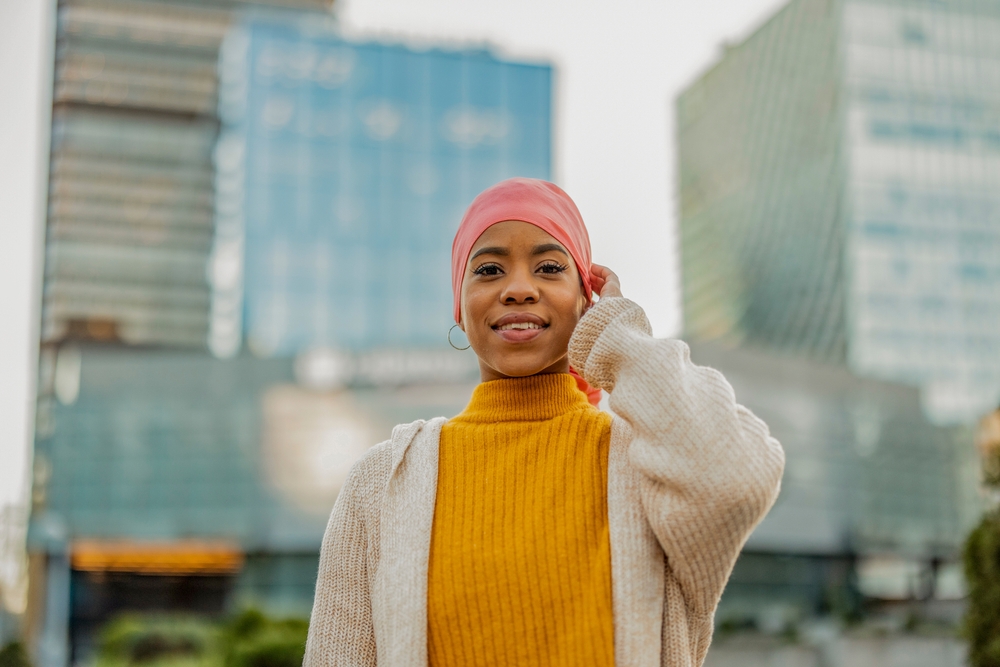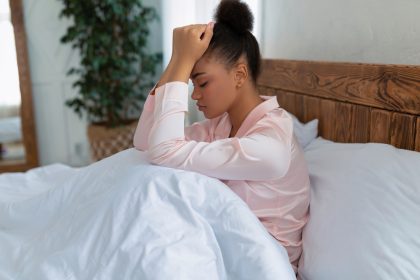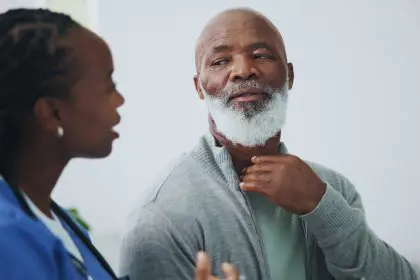For many individuals facing chemotherapy, the idea of losing their hair can feel like a daunting and emotional experience. Hair loss, medically known as alopecia, often serves as a visible reminder of the battle one is enduring. It can deeply affect one’s self-esteem, identity, and sense of normalcy. However, while hair loss can be one of the more challenging aspects of cancer treatment, it also provides an opportunity for growth, resilience, and self-acceptance.
Embracing your hair loss journey during chemotherapy is not just about coping with the physical changes but also about shifting your mindset toward self-compassion and empowerment. By learning to navigate this phase of your cancer treatment, you can find strength, redefine beauty, and emerge from the experience with a renewed sense of self.
Understanding hair loss during chemotherapy
Chemotherapy drugs target fast-growing cancer cells, but unfortunately, they also affect other rapidly growing cells in the body, including those responsible for hair growth. This is why many patients undergoing chemotherapy experience hair thinning or total hair loss. Hair loss can begin as soon as two to three weeks after starting treatment and can affect not only the scalp but also eyebrows, eyelashes, and body hair.
Understanding that hair loss is a temporary side effect of a necessary and life-saving treatment can help put the experience into perspective. As distressing as it may feel, your hair will likely begin to regrow once treatment ends, although it may have a different texture or color at first.
Embracing the emotional aspect of hair loss
The emotional impact of losing your hair can often outweigh the physical change itself. Your hair may have been an integral part of your identity, a source of confidence, or a way to express yourself. It’s completely normal to feel grief, frustration, or even anger during this time. However, acknowledging and working through these emotions is the first step toward embracing this new chapter of your life.
Let yourself grieve: It’s okay to feel sadness over the loss of your hair. Allowing yourself to feel these emotions instead of suppressing them can be a healthy way to process the experience.
Seek support: You don’t have to go through this journey alone. Whether it’s friends, family, or support groups, surrounding yourself with people who understand or are empathetic to your experience can provide comfort and reassurance. Sometimes, talking about your feelings can make the process less isolating.
Redefine beauty: Hair does not define your worth or beauty. Though society often places high value on physical appearance, it’s important to remember that beauty comes in many forms, and hair loss does not diminish your inner strength or who you are as a person.
Choosing your response to hair loss
One empowering way to embrace your hair loss journey is by taking control of how you respond to it. Each person’s experience with chemotherapy and hair loss is unique, and there is no right or wrong way to deal with it. Here are some options you can consider:
Shaving your head: Some people prefer to take the proactive step of shaving their head once hair loss begins. This can feel like a liberating choice, giving you control over the process instead of waiting for hair to fall out in patches. Plus, many find that embracing a bald look can be a bold and beautiful statement of strength.
Wearing wigs or headscarves: If you’re not ready to reveal your bare scalp, wigs, hats, or scarves offer versatile ways to express your style and protect your head from the elements. There are countless options available, from natural-looking wigs to vibrant scarves that reflect your personality. Wearing a head covering can also provide a sense of normalcy and comfort in social situations.
Going natural: Some people choose to go completely bald, proudly owning their look. Embracing this natural state can be a powerful act of self-acceptance. It’s a visible testament to your journey and survival, and many find it freeing not to worry about covering their head. Remember, there’s no one-size-fits-all approach—do what feels right for you.
Empowering self-care during hair loss
Taking care of yourself physically and emotionally can help you navigate your hair loss journey with more ease. Self-care during chemotherapy goes beyond managing side effects; it’s also about maintaining a sense of control and positivity in your life.
Scalp care: Even without hair, your scalp still needs care. Use gentle, fragrance-free moisturizers to soothe dryness or irritation caused by chemotherapy. Some individuals find comfort in massaging their scalp, which can promote circulation and relaxation.
Pamper yourself: Treating yourself to activities that make you feel good—whether it’s a relaxing bath, a skincare routine, or even experimenting with makeup—can help you regain a sense of confidence. Small rituals of self-care can boost your mood and remind you of your strength and resilience.
Focus on overall well-being: While hair loss can feel overwhelming, remember that chemotherapy is working to heal your body. Engage in activities that nurture your mind and spirit, such as meditation, journaling, or spending time with loved ones. Staying connected to your sense of purpose and joy can keep you grounded during treatment.
Finding inspiration in your hair loss journey
Many individuals who have gone through hair loss due to chemotherapy find it to be a transformative experience. Whether it’s learning to see beauty beyond physical appearance, discovering newfound confidence, or gaining a deeper understanding of your strength, there are lessons to be learned in this journey.
Connect with others: Hearing stories of people who have embraced their hair loss and cancer journey can be uplifting. Many individuals have used their experiences to inspire others, from sharing their journey on social media to advocating for cancer awareness. You may find that connecting with others who understand what you’re going through brings a sense of solidarity and encouragement.
Celebrate your milestones: Every step forward is worth celebrating, whether it’s completing a round of chemotherapy or learning to embrace your new look. By focusing on your progress, you can shift your perspective from loss to growth, helping you stay resilient throughout your treatment.
Embracing your hair loss journey as part of your strength
Hair loss during chemotherapy is undeniably challenging, but it can also be an opportunity to embrace change, find strength, and redefine beauty. While the road may be emotional and difficult, accepting this aspect of your treatment as part of your journey toward healing can help you feel empowered.
Remember that your hair does not define you—your courage, perseverance, and inner beauty do. Whether you choose to shave, cover, or go natural, each decision you make reflects your unique strength. By taking ownership of your hair loss journey, you can emerge from this experience with a renewed sense of self-worth, resilience, and hope for the future.
This story was created using AI technology.














